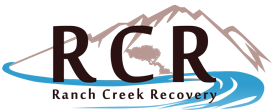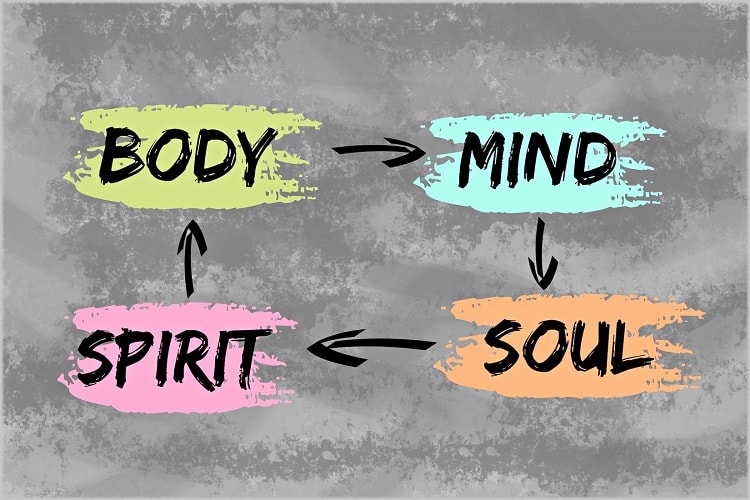Alternative to 12-Step Recovery Programs
Becoming physically and/or psychologically dependent on drugs of any kind does not just happen in a vacuum. At the root of addiction often lies trauma, mental health disorders such as depression and anxiety, neglect or abuse. Too often inpatient drug rehabilitation programs fail to identify the underlying causes of substance addiction-a problem in the industry that is punctuated with high relapse and readmission rates. That’s why we employ a non-12-step approach to inpatient and outpatient rehab.
While the traditional 12-step model in addiction treatment is able to help some individuals achieve a sustained recovery from drugs and alcohol, not everyone is responsive to such programs. In fact, one reason why 12-step programs often fail is that they often aim to treat just the addiction rather than the whole person during the recovery process. In recent years non-12-step inpatient drug rehabilitation models that rely on a holistic approach to treatment have been steadily gaining popularity. These programs integrate therapeutic practices that treat the mind, body, spirit, and soul of the individual, which often leads to a deeper understanding of the root cause of their addiction, and, subsequently, higher success rates.
What is the Difference Between 12-Step and Non-12-Step Rehab Programs?
There are fundamental differences that distinguish the treatment philosophies between a non 12-step inpatient drug rehabilitation program and a traditional 12-step program. Some of the key differences that non-12-Step rehab centers may utilize include:
- Stronger emphasis on cognitive behavioral therapy
- Homeopathic medicines are more heavily utilized over medications
- Experimental and holistic therapies
- SMART Recovery meetings rather than 12-step meetings
Traditional 12-Step Addiction Treatment Program
These highly structured programs typically consist of a blend of the 12-step program of Alcoholics Anonymous and cognitive behavioral therapy (CBT). Because A.A.’s 12-step program is generally a group experience, the traditional inpatient drug rehabilitation centers place much emphasis on group therapy, both with fellow addicts in recovery and with family members involved in the open sharing of deeply personal experiences and emotions. 12-step rehabs usually combine psychotherapy with pharmaceutical drug therapy. These 12-step based recovery programs offer some adjunct recreational activities, such as billiards, ping-pong, or outdoor activities. Traditional programs also provide 12-step meetings on a regular basis where recovering addicts can listen to speakers in the program, learn to work the steps, and enjoy fellowship.
Non-12-Step Addiction Treatment Program
These alternative recovery programs seek to encourage clients to delve into their hearts, minds, and souls to discover what past events, painful experiences, or emotional disorders may have contributed to the development of a substance dependency. While CBT is often used in these programs, group therapy is de-emphasized. Many non-12-step programs substitute homeopathic treatments, such as amino acid therapy, for medications. Experiential and holistic therapies and activities help to foster personal growth and new self-awareness, revelations that assist in the individual CBT sessions. These activities may include yoga, massage, garden therapy, equine therapy, art and music therapy, and mindfulness training. Non-12-step meetings, like SMART Recovery, are usually provided to encourage self-empowerment and offer added peer support.
Non-12-Step Inpatient Programs More Flexible and Customizable
Traditional 12-step based treatment programs tend to follow a rigid schedule with predetermined benchmarks for all clients to meet according to the treatment timeline. In contrast, non-12-step rehabs tend to adapt more easily to each client’s unique needs and pace. Case management focuses on customizing treatment protocol to the patient versus attempting to force a patient to adapt to a prescribed treatment regimen.
Being able to adjust treatment to fit the client allows the non-12-step program to gain their trust and cooperation, with the client becoming a stakeholder in their own recovery. Pushing a client too soon into the next phase of recovery or allowing a client to languish too long at a certain phase both do a disservice to the client’s progression in recovery. The non-12-step flexible nimble format lends itself to be easily customized to the needs of the client.
Ranch Creek Recovery offers Non-12-Step Inpatient Drug Rehabilitation
What makes an alternative non-12-step addiction recovery program effective starts with the environment itself. Ranch Creek Recovery offers an intimate setting ensconced in a private estate in the serene hills of Temecula, California. The natural beauty of the surroundings lends itself to the many holistic activities offered at RCR. The compassionate, expert treatment staff sees to it that all clients receive a tailored treatment plan that addresses individual needs. For more information about the program, contact us today at (877) 997-8931.












